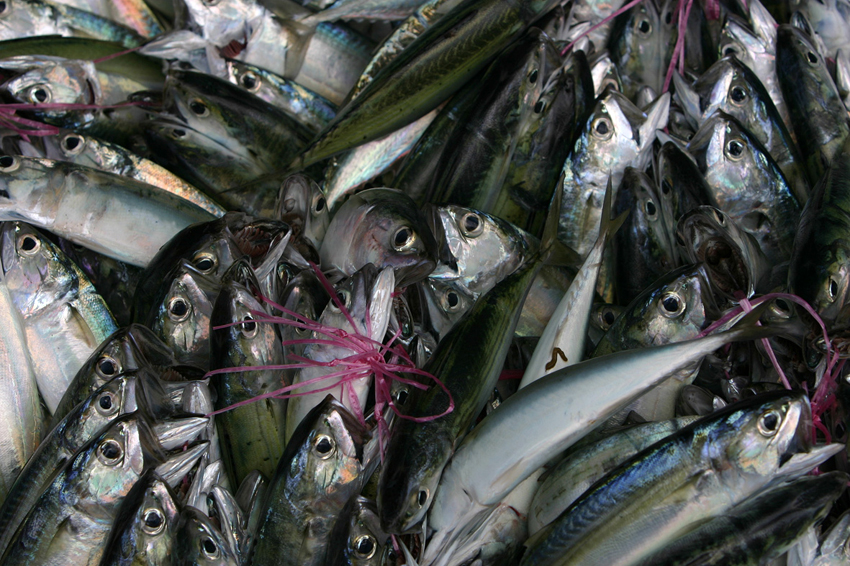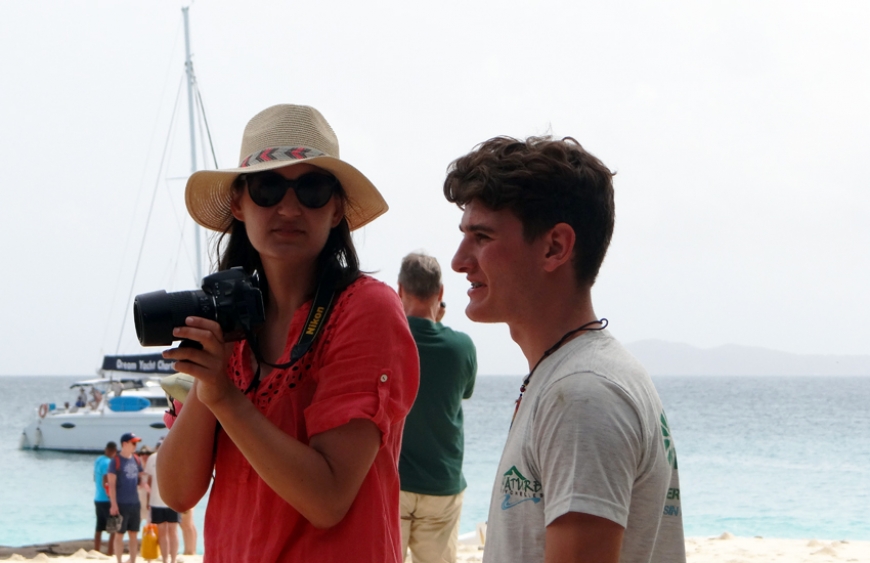Emerging concerns
Rapid economic growth since the 2008/9 crisis and recovery has propelled Seychelles to high-income status, but this has been accompanied by continuing vulnerabilities, and some new, growing concerns.
3 main emerging concerns have been identified in the SCD. One of these concerns is the sustainability of the natural resource base of the economy. Seychelles has grown while facing labor and land constraints, and a fragile environment. No comprehensive evaluation of the impact of current or projected economic activity on the marine environment has yet been made, but in Seychelles, as globally, there are growing worries about sustainability.
In tourism, the government has frozen new approvals for large establishments (with 20 rooms and above) through 2020, reflecting concerns about the impact of the recent, rapid pace of development. In the industrial fishing sector, the IOTC sets seasonal ceilings to protect the tuna stock, but some species are deemed overfished. Catch rates of many of the other main species of fish are declining, reflecting pressures from overfishing in the artisanal, recreational and sport fishing sub-sectors, and from an increasing environmental footprint of the tourism industry. The artisanal, recreational and sport fisheries are open-access, impeding measures to limit the volume of fishing.
 Fish for sale at Victoria Market, Seychelles
Fish for sale at Victoria Market, Seychelles
What is the future of Seychelles?
The SCD asks 3 fundamental questions:
How to sustain growth and move further into the high-income range?
How to foster sustainable social inclusion?
How to enhance sustainability and resilience?
The SCD identifies thirteen priority areas to address in order to make additional progress. The 13 priorities are further sorted into five top priorities, five additional priorities, and a further three areas which should be considered for priority action. The five top priorities are:
1. Removing the barriers that impede businesses from opening and operating in Seychelles is at the root of launching a productivity agenda and empowering the domestic entrepreneurial sector.
2. The macroeconomic framework needs to be made more resilient so as to provide the foundation for Productivity, Participation, and Performance, the 3 Ps.
3. Managing the efficiency of public sector enterprises and their spending is critical both to the productivity agenda and to the State performance agenda.
4. Taking a more strategic and sustainable approach to social protection is paramount to meeting the participation challenge.
5. Fifth, higher quality education and skills development at all levels is fundamental to meeting the productivity and participation challenges. It is important to move away from the current approach of focusing efforts on producing a small and select group of educated Seychellois, to broadening the presence of highly educated and skilled members of future generations.

